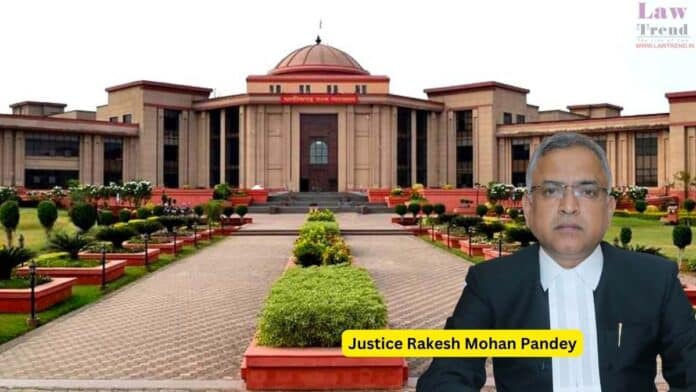The Chhattisgarh High Court, in a significant ruling, dismissed a series of petitions challenging the evaluation criteria of the Civil Judge (Entry Level) Main Examination 2023 conducted by the Chhattisgarh Public Service Commission (CGPSC). The bench, led by Justice Rakesh Mohan Pandey, held that candidates are not entitled to prior notification of the examination pattern
To Read More Please Subscribe to VIP Membership for Unlimited Access to All the Articles, Download Available Copies of Judgments/Order, Acess to Central/State Bare Acts, Advertisement Free Content, Access to More than 4000 Legal Drafts( Readymade Editable Formats of Suits, Petitions, Writs, Legal Notices, Divorce Petitions, 138 Notices, Bail Applications etc.) in Hindi and English.




